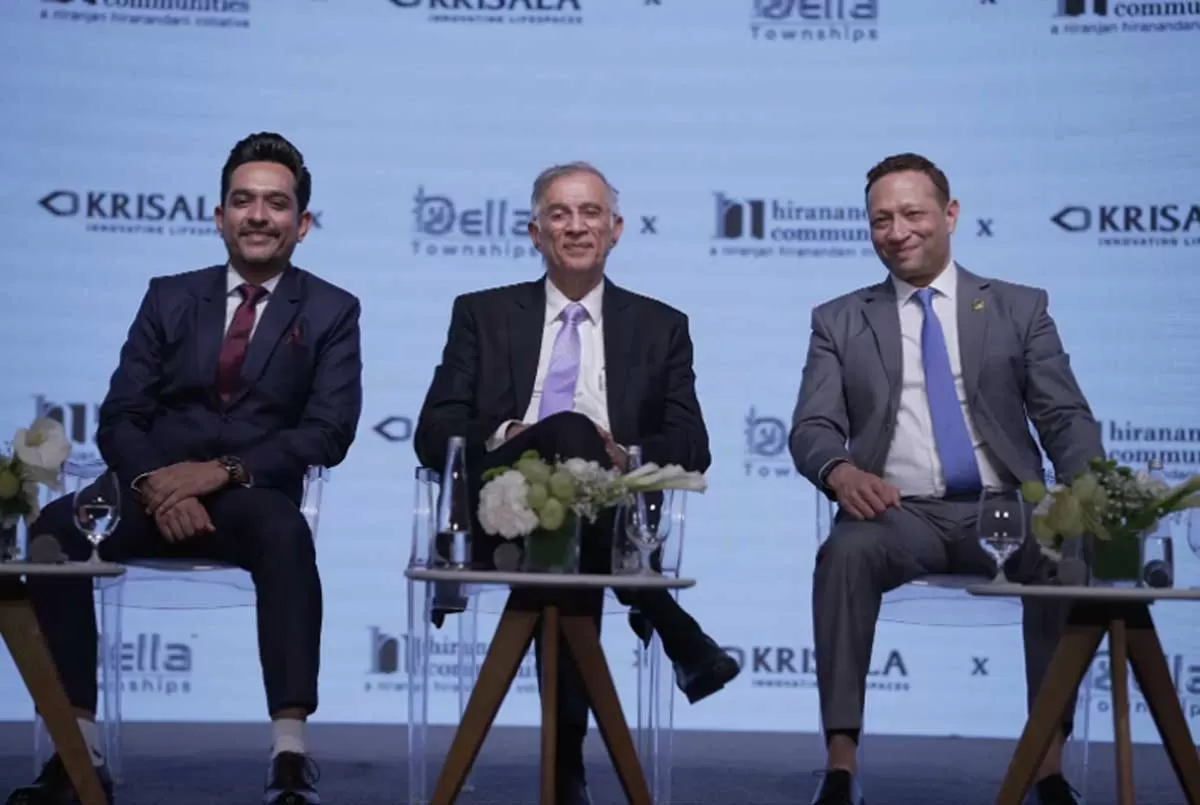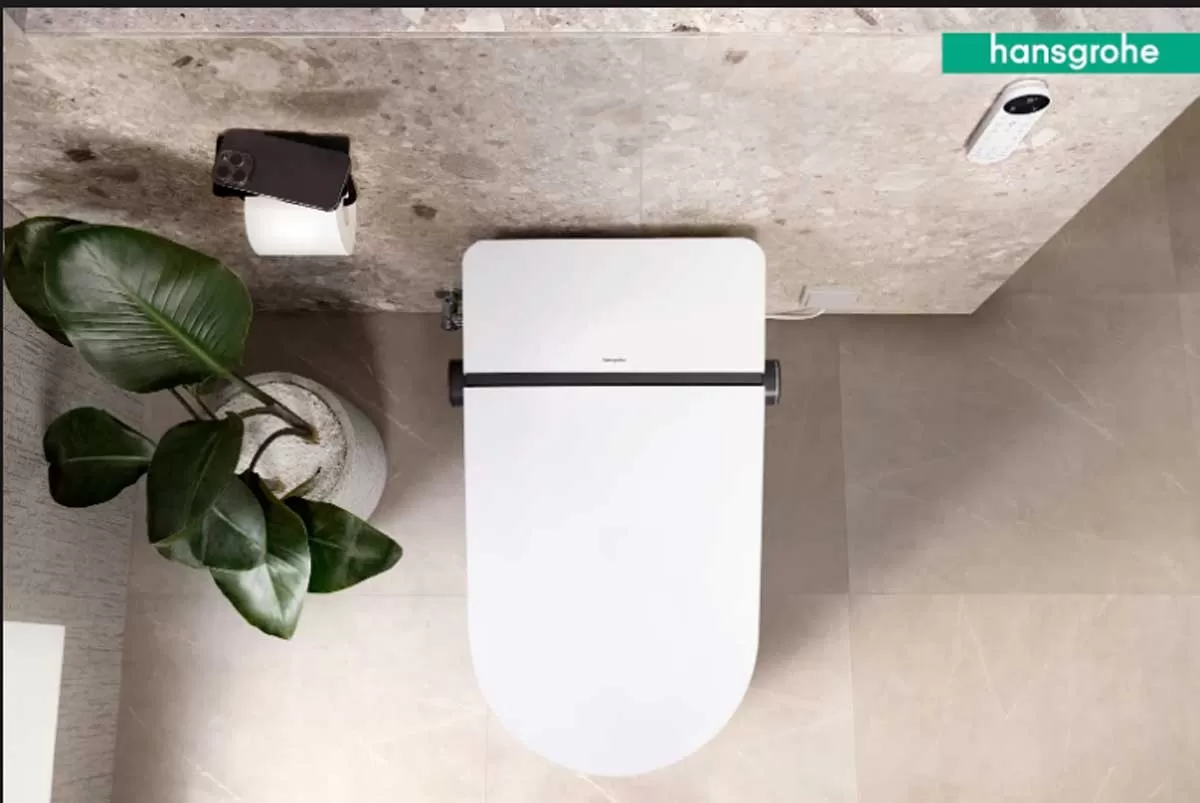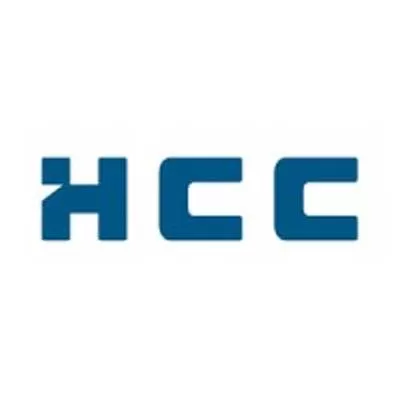The Smart City Mission has finally started outsmarting its critics. With all 20 SPVs having been formed and a combination of true-blue managers and IAS officers appointed as CEOs,
CW tracks the movers and shakers of the initiative.
When the Ministry of Urban Development announced that India will create 100 smart cities, it drew guffaws aplenty, especially from the Lutyens old guard in Delhi. However, the government appears set to have the last laugh. Testament to this is the positive approach of the urban local bodies (ULBs), who are leaving no stone unturned in their race to upgrade civic infrastructure.
Status check
Here´s the overall progress report. The 20 winning cities from the first round of the Smart City Mission have already formed special purpose vehicle (SPVs). In addition, four of the 13 winning cities in the second round - Panaji, Chandigarh, Port Blair and Lucknow - have inched ahead with the formation of SPVs while the rest are in the last stage of doing so.
Meanwhile, most cities are ready with production management contracts (PMCs) and projects across all of them are likely to start by December this year. What´s more, Visakhapatnam along with a few other cities -Pune, Jaipur, Surat, Bhubaneswar, Delhi, Ahmedabad and Udaipur - are leading the pack with several projects at the bidding stage.
Northern movers
Jaipur is firing on all cylinders to make its smart city plans a success. According to V Saravana Kumar, CEO, Jaipur Smart City Ltd (JSCL), it has already awarded a rooftop power plant (grid interactive type) to Rajasthan Electronics and Instruments Ltd (REIL). Most other projects are at the bidding stage, and work will start within the stipulated deadlines as soon as they are allocated.
Jaipur is following the path of sustainable development for its various projects, keeping in mind financial viability for revenue generation. These projects include plans for smart parking, public bike sharing, smart solid waste management and multimodal mobility using information and communication technology (ICT). The city has planned for biometric devices to map waste recyclers, GPS trackers, radio communications, route optimisation and digital infrastructure for an intelligent operation data integration platform. These plans are expected to be ready to take off by 2017-18. Under Jaipur´s multimodal public transit operations, the city corporation will enhance the digital infrastructure for an asset management system, bus and crew scheduling system and fleet management. In addition, the corporation will install a passenger information system for journey planning, including LED or LCD display for bus shelters.
Many of the projects have been designed to be financially viable on a standalone basis. However, understanding the importance of private players in the development process, a total of Rs 355 crore has been provisioned under the public-private partnership (PPP) mode of implementation.
The SPV Udaipur Smart City Ltd (USCL) has issued a request for proposal (RFP) for seven ´quick-win´ projects. Under the ´quick-win´ projects category, the proposal looks to implement systems and services that cater to convergence with AMRUT, development of an open-air gymnasium, heritage conservation of bazaars, smart classrooms, NMT with developing cycling facility, solar rooftop plant and a command and control centre. A tender has been received and is under evaluation by the Rajasthan Urban Drinking Water Sewerage & Infrastructure Corporation (RUDSICO) for the selection of a project management consultant (PMC).
In convergence with AMRUT, the SPV will undertake sewer work in area-based development. For this, RUDISCO has already invited tenders and the process is currently underway. For smart classrooms in area-based development, USCL has already received tenders and is currently under the process of short-listing bidders. The total cost of the project is Rs 80 lakh.
Arun Vyas, Superintendent Engineer, USCL, says, ´USCL is also focusing more on the use of renewable energy, especially solar. In this regard, the SPV has already issued a letter of award (LoA) to Rajasthan Electronics and Instruments Ltd to implement solar rooftop projects on eight government buildings.´ One of the ´quick-win´ projects is the command and control centre. The SPV has worked out a cost of Rs 1.30 crore for the same and has already invited tenders, which are under scrutiny.

Southern shakers
According to Praveen Kumar, Collector, Visakhapatnam, the Greater Visakhapatnam Smart City Corporation has selected the PMC and will place projects for bidding from September to November this year.
Currently, the city is working on a two-year plan where, every six months, the SPV will issue RFPs for various projects assessed by the PMC. There will be a mix of projects, including an efficient drainage system, 24-hour water supply, cycling tracks, intelligent transportation system, complete Wi-Fi connectivity, pollution monitoring, smart meter usage for electricity consumption and transforming existing slums into normal neighbourhoods. Around Rs 2,000 crore will be spent on these quick-win projects.
´We will issue an RFP for the development of footpaths on October 31, and water supply and sewerage tenders by September 30,´ informs the newly appointed collector, who served as a commissioner of Greater Visakhapatnam Municipal Corporation (GVMC).
Meanwhile, as a first step to revitalising the city into a smarter and more sustainable city, Fluentgrid, in association with GVMC, has launched a state-of-the-art centralised City Command Centre. IBM, with two other US-based organisations û AECOM and KPMG - has prepared the entire master plan for Vizag Smart City, marking a strong American role in the city´s ambitious plan.
The newly launched City Command Centre will immediately usher in smarter and more efficient governance capabilities for GVMC´s Smart City agenda. The centre will be integrated with smart street lighting dashboards, air quality monitoring, integration of the water SCADA system for reservoir and city water distribution systems, more centralised solid waste monitoring capabilities, tools for revenue assurance and enhanced city surveillance, green maps for urban forestry monitoring and beach safety, among others.
Western warriors
In a bid to outpace its peers, the Pune Smart City Development Corporation (PSDCL) has issued RFPs for setting up a network of smart elements in the city. The SPV will be integrating smart elements including an advanced traffic management system (ATMS), smart bus stops, smart street lighting, e-challan, smart meters, and integrated transport management system (ITMS).
For smart parking, PSDCL has identified a total of 32 locations for bike and car parks, including open and closed parking spots. Here, the objective of PSDCL is to obtain real-time situational awareness about the occupancy of a parking lot for citizens, facilitate generation of parking receipts and tickets based on occupancy of parking lots, provide real-time availability of parking lots and, importantly, reduce the time required for identifying parking slots.
Meanwhile, considering the safety of citizens, the SPV has also called for an RFP to install emergency boxes. The emergency box will enable citizens to seek assistance from the Smart City Operations Centre (the Command & Control Centre) by pressing a button.
The SPV has identified 136 such locations where these boxes can be installed. Further, the city will soon install environmental sensors in 50 locations. These smart sensors will be able to read and report temperature, humidity, radiation and air quality in the PMC area. A similar exercise has also been taken up in GIFT city, Gujarat. While the city is known for its traffic congestion, the PMC area will get its first variable messaging displays (VMDs) that will display useful information such as traffic congestion, accidents, ongoing roadwork zones, speed limits, key notices or messages from PMC like information about any emergency or disaster, and display the parking availability information. The city authority has identified 161 locations throughout the city.

To serve as the centralised monitoring and decision-making hub for managing equipment, devices, resources and assets for smart element projects, a Smart City Operation Centre (SCOC) will be erected. This will serve as a centralised decision-making centre that will support and strengthen coordination in response to incidents and emergency situations.
A successful SCOC bidder should have a central infrastructure and services management platform to centrally monitor and manage all services. For its part, Surat Smart City Development Ltd (SSCDL) has implemented the SMArtCity Centre (SMAC), an Integrated Transport-Mobility Administration Centre (IT-MAC) and a slum redevelopment project on PPP basis comprising 4,350 units of affordable housing.
The three pilot projects are among the six ´quick-wins´ envisaged by SSCDL. Meanwhile for SMAC, the Surat Municipal Corporation (SMC) has already roped in IBM to provide the operating system. SMC has developed a GIS platform with 12-13 layers for the project.
With the implementation of this pilot project, SSCDL will be able to monitor traffic movement, control the smart street lighting system and maintain a bird´s eye surveillance of the city from the SMAC. This centre will collect functioning information of all the departments and public on a real-time basis, as far as possible. Automated sensors and systems will send various data sets to the SMAC, which will be analysed to avail important information to make decisions. It will help all the departments maintain civic service delivery standards on a day-to-day basis.
Other ´quick-win´ projects in the pipeline are fibre-to-home in the pan-city project, smart (mechanised) parking at different locations, CCTV surveillance project (augmentation of existing facility) and biogas generation from organic waste. While the Gujarat Government has recommended PricewaterhouseCoopers and Tata Consultancy Engineering for ICT-based solutions and infrastructure aspects of the smart city project, SMC has also been working with its own consultants such as Multimedia Consultants for water supply and MWH for sewerage management. Jagdish Thadani, Engineer, SSCDL, shares that talks are on for consultants for various retrofitting development areas. So far, SSCDL has partnered with Surat Agricultural Produce Market Committee for implementation of a biogas plant on a PPP model.

Delhi´s power
The Delhi Municipal Council (DMC) has gone against the tide to implement its own smart city plan. The council is the only ULB to issue requests for qualifications (RFQs) for more than eight priority sector projects before forming a SPV.
To begin with, DMC has already issued RFPs for 10 mini-sewage treatment plants ranging from 100-500 kld. Subsequently, these plants will be developed on a PPP model. It is expected that these projects will be an additional water resource for New Delhi.
´The selection of the concessionaire will be based on the quality of water output from these plants. The concessionaire is expected to improve the quality of water and the same can be supplied for various purposes (except for drinking),´ informs Ashish Agrawal, Deputy Director, New Delhi Municipal Council.
Interestingly, DMC has also floated RFPs for 105 smart public toilets. These will be equipped with rooftop solar panels, Wi-Fi, ATMs, vending machines and water ATMs. These water ATMs will also be installed in 13 other public places, and will be equipped to dispense 250 ml water (in eco-friendly biodegradable cups or glasses of minimum 170 GSM paper, to be provided by the concessionaire).
DMC will also install a bio-methanation plant of 500 kpd, which will work on segregated food and vegetable waste. Here, the concessionaire will need to supply, install, commission, operate and maintain the plant.
The council has also issued an RFP for smart classrooms. DMC plans to introduce smart educational services through 444 smart classrooms at 30 municipal schools from the upcoming academic session (2016-17). The idea behind providing an e-learning solution in grades 6 to 12 in NDMC schools is to transform traditional classrooms with futuristic technology and professionally- developed learning content. The schools will have high-end computers, interactive white boards, short-throw projectors and other relevant hardware and software. Now, that´s truly smart!
- Rahul Kamat
To share your views on India´s Smart Cities scenario, write in at feedback@ConstructionWorld.in





















